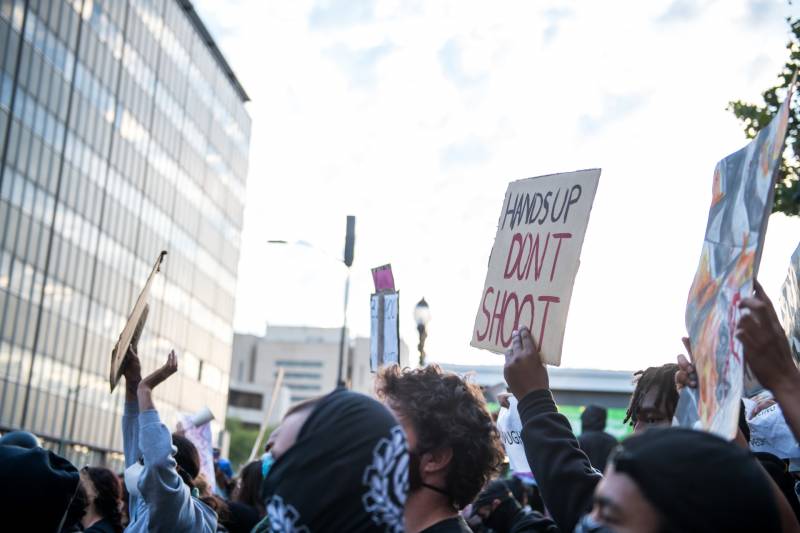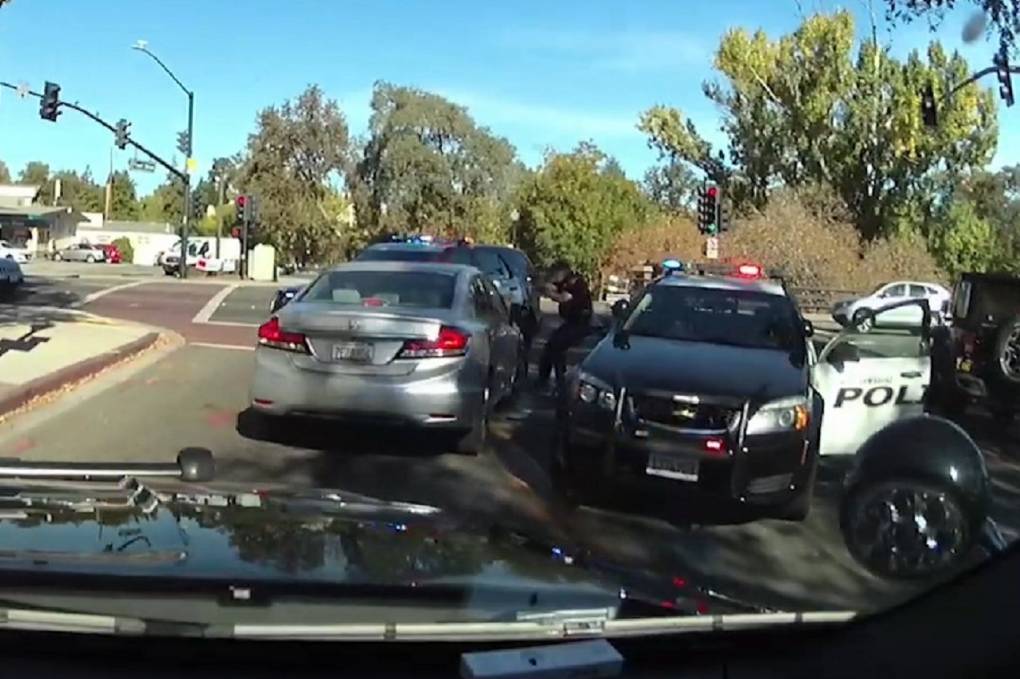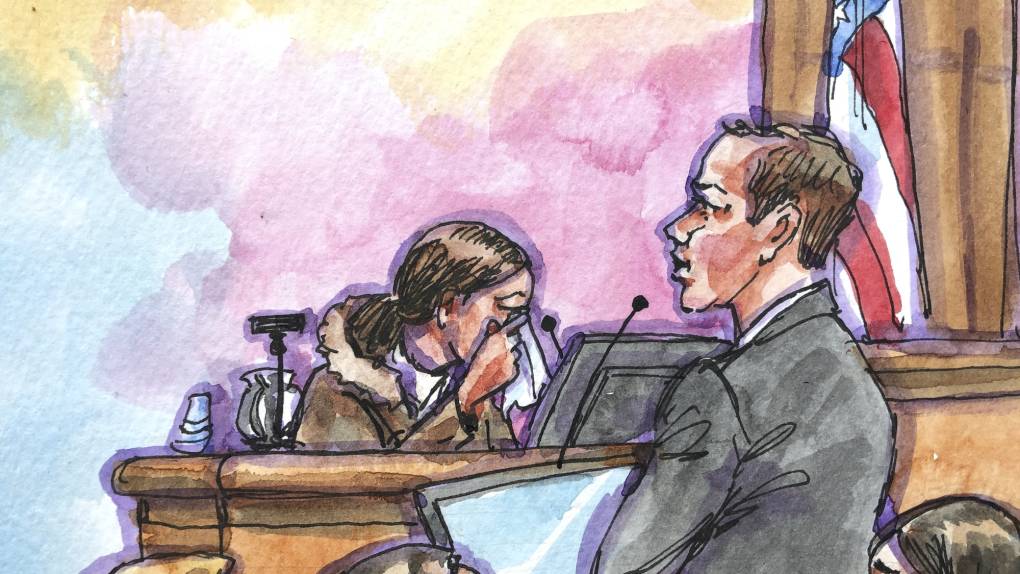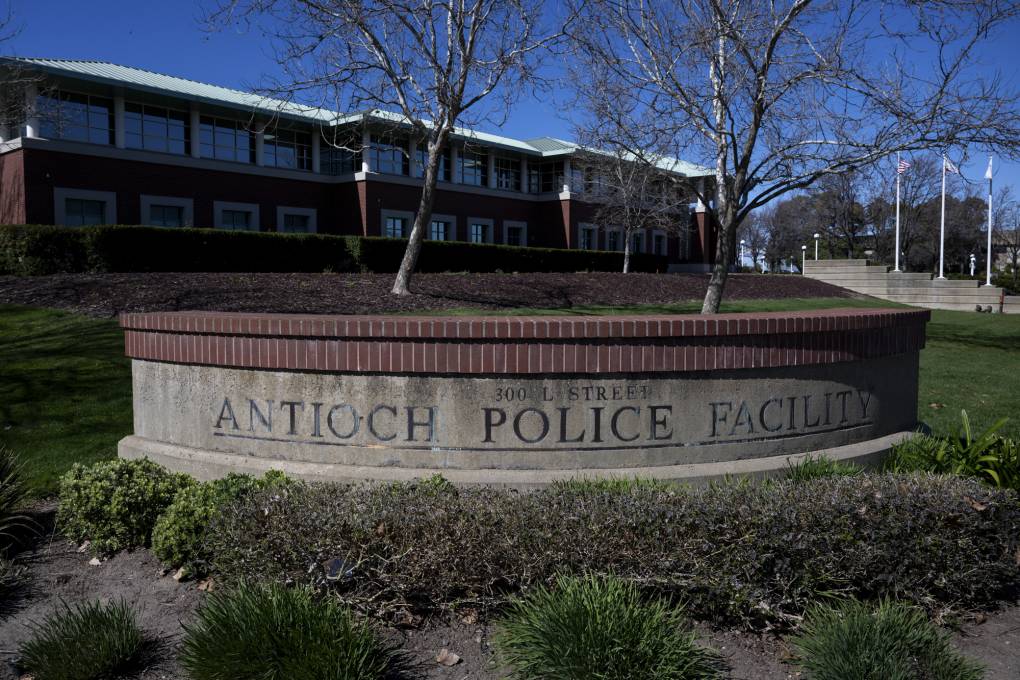"This feels like a real moment with staying power. ... the breadth and the depth of the outrage and the determination feels like it has enough momentum and staying power that it's unlikely to dissipate by November," said political consultant Dan Newman, who helped push many of the earlier reforms and is fighting against one of the ballot measures to overturn them.
"I think people are looking for ways to channel what they know and believe into real action and real reform and make a difference," he added. "So it's just sort of a matter of ensuring that they know: If you care about mass incarceration, if you care about racial injustice, here are some ways that you can really weigh in with power and make a difference."
Not surprisingly, political consultants on the other side of the debate disagree. Richard Temple is running the campaign that would keep more people in prison by including crimes like rape of an unconscious person or domestic violence on the state list of violent offenses.
"These things are violent, and the public knows that. And we as a campaign plan to stay focused on that," he said.
Temple insisted that the ballot measure "doesn't have anything to do with the other issues out there being debated," such as police brutality or racial inequality.
"That's got to be dealt with by elected officials and the nation as a whole," Temple said.
But both sides will have the challenge of explaining complicated issues to voters.
Bail Reform
Critics of bail have long said the system discriminates against people who can’t afford to put up the cash to get out jail. But when Oakland Assemblyman Rob Bonta first introduced a bill at the end of 2016 aimed at simply limiting the use of cash bail, there was pushback — even in California’s Democrat-dominated Capitol.
"There was a phrase that was going around called 'Bonta’s bill is a hug a thug.' Not a lot of nuance there," he said. "[And] a lot of racism."
Still, Bonta and another Democrat, state Sen. Bob Hertzberg of Van Nuys, joined forces — and nearly two years later, succeeded in convincing California lawmakers and the governor, then Jerry Brown, to end cash bail in the state.
Now, in 2020, as voters are asked by the bail industry to overturn that law, bail has become a key focal point in conversations about inequality within America’s criminal justice system.
Since protests sparked by George Floyd’s killing in Minneapolis began in late May, an estimated 4 million people have poured more than $75 million into community bail funds. Those organizations offer an alternative to massive loans from bail bonds companies.
Pilar Weiss, director of the Community Justice Exchange, a group that helps support that network of community bail funds, said the bail fund donations are proving to be an entry point for people to get more educated about mass incarceration.
"It's a first step that somebody donated to a community bail fund. That was the first time they realized that people in their community were still, often, held in a cage for an indefinite amount of time because of money," Weiss said. "That connects also to the conversation about how our resources are being spent in their community, on police rather than on libraries, schools and safety centers. I think there's a lot of potential there."
But she and other progressive groups aren't actually that supportive of the details of Bonta's bail measure, saying it could result in more people being kept in jail before their trial, because it leaves a lot of discretion up to judges.
That's a message that the bail industry and other supporters of retaining bail plan to focus on, said Mike Gatto, a former state Assemblyman who is consulting for the campaign to overturn bail reform.
"I think a lot of people participating in recent bail drives [know that] if you, or a loved one, or someone you care about is in jail and they've been arrested, bail is an option for that person to get out," he said.
"The question that we have to talk about as a society is whether removing that option for families and for people who are behind bars is the right one?" Gatto said.



